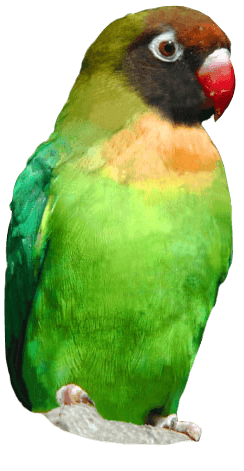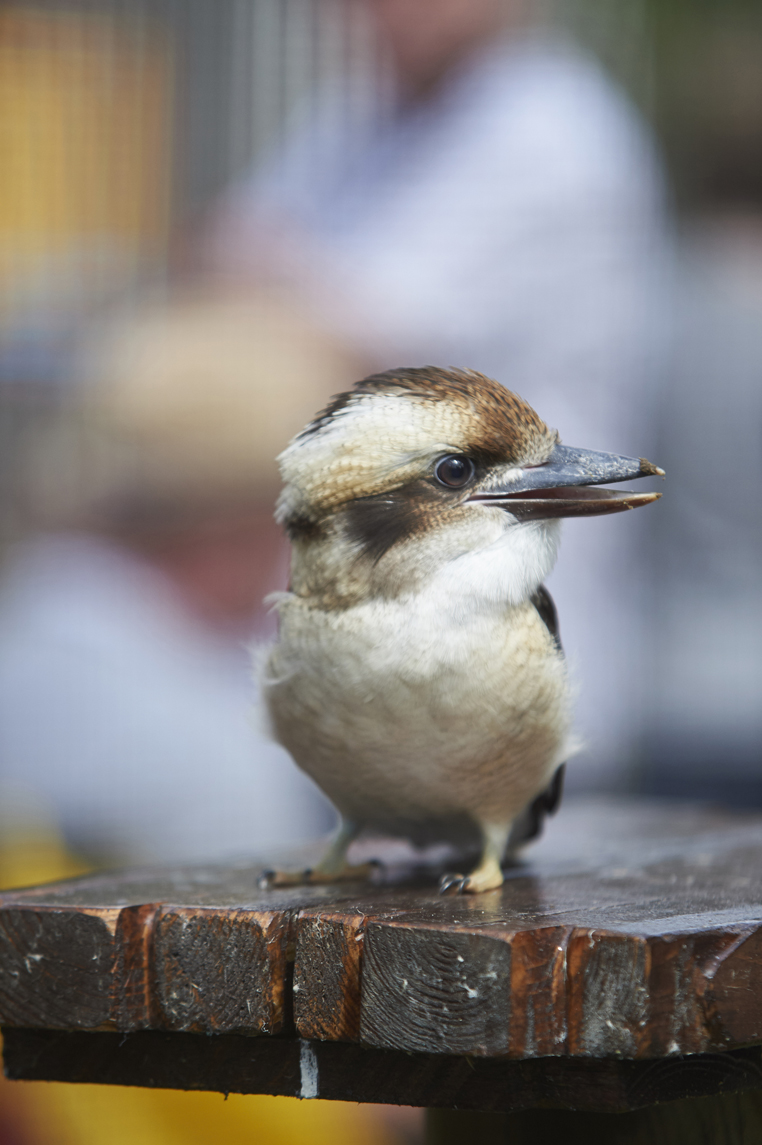
Competition to Name Baby Kookaburra
Over the past month, Zookeepers at Drusillas Park in Alfriston have been excitedly watching the progress of their brand new baby kookaburra. After the little chick fledged and took its first ever flight this morning, keepers decided it was time to launch a competition to name the baby bird.
Deputy Head Keeper, Gemma Romanis, said: “We are so excited our baby has fledged! We have been referring to the little one as ‘chick’ up until now, but we feel it’s time for a proper name to be chosen!”
“Until we get the results of DNA sampling we can’t tell the sex of the baby, so whatever name we choose must be gender neutral. We thought the public could help us come up with a nice, inventive name!”

Drusillas is launching a competition at 8pm tomorrow evening (Tuesday 12th May 2020) to name their beautiful kookaburra chick. Anyone who wants to be in with a chance of winning should go to the Drusillas Facebook Page for details of how to enter https://www.facebook.com/drusillaspark/ .
Name suggestions must be gender neutral as keepers do not yet know the sex of the baby. Keepers are open to all name suggestions but hope, that as kookaburras are native to Australia, people will choose a name reflective of their heritage.
The competition will be closing at midnight on Sunday 17th May 2020, and the winner will be announced on Monday morning.
Deputy Head Keeper, Gemma Romanis, commented: “We are absolutely delighted with the progress of our chick, he/ she has been growing and developing into a really happy and healthy kookaburra. It was a wonderful moment to watch the fledgling pluck up enough courage to take that first flight.”
The kookaburra is the largest kingfisher in the world, it is brown and white in colour and well known for its laughing call. In the wild, Kookaburras can be found in forests, woodlands, grassy and scrubby areas as well as in towns and cities. They are naturally from south and east Australia but have been introduced to south-west Australia, New Zealand and Tasmania.
Kookaburras live in family groups called clans and the young remain with their parents after leaving the nest. The group always stays in sight or sound of each other and roost together at night.
Drusillas is ecstatic with their chick’s progress and looks forwards to keeping everyone updated with the little one’s antics! Keepers can’t wait to hear all of the inventive name suggestions!




